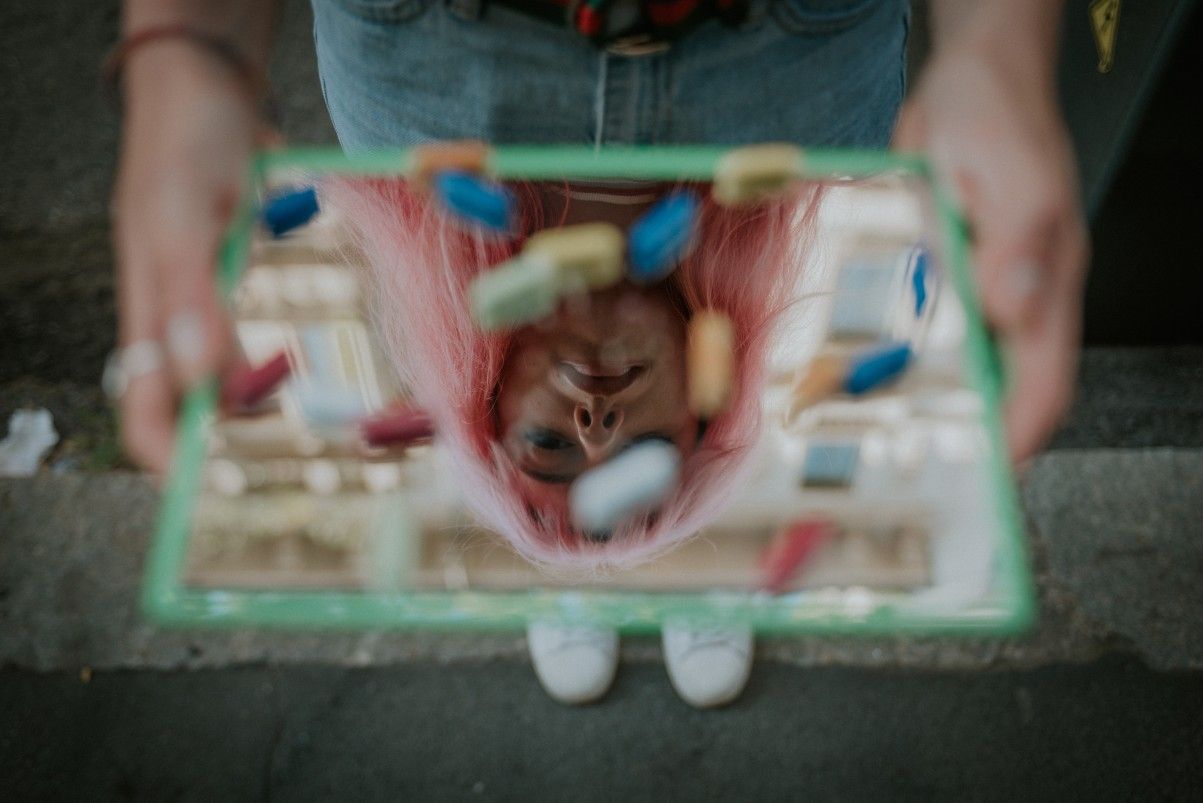Children of Addicts: The Complexities of Their Situations
Children of addicts, who live through seeing its horrors, see the world differently.

Photo by Matteo Badini on Unsplash
Children of addicts, who live through seeing its horrors, see the world differently, with their situation weighing them down.
Coping through addiction is one exhausting dance. It’s one step forward in wanting to be better but still having to tiptoe around mental and physical temptations. Fortunately, breaking the cycle has been made more accessible through professional help and peer support. Victims now have the safe space to express their anguish and weep about how troubled they are. Society has extended a hand specifically reserved to help them handle their situation as smoothly as possible.
But the question now falls on its adequacy.
Is this direct support to substance victims enough to manage the adverse effects of addiction?
The Domino Effect of Addiction
Although substance dependency might typically take form in adults, this doesn’t mean they’re the sole victims. Behind them are families and children of addicts suffering in silence.
Retired middle school teacher Maryjo Paradis-Smith uncovers the severity of opioid abuse’s consequences upon talking to her students. With her direct association with these suffering children, she has heard stories about how addiction has influenced their lives. From these stories, Maryjo gathered the courage to stand up and be the voice of these children through her book.
It might not be easy to stop individuals from getting into these harmful vices. It might even be impossible to influence addicted parents and encourage them to stop their behaviors. But Maryjo took strength in how she lost nothing compared to the possibility of gaining something.
Her first novel, July in August, is a fictional story reflecting how drug addiction harms families. The book follows the story of a 12-year-old whose mother suffers from opioid addiction. In an unfortunate turn of events, matters become worst as July finds her mother’s supply, which causes her to go crazy, leaving July the responsibility to take care of herself and her younger sibling.
What started as a personal issue of uncontrolled habits and decadence becomes a shared problem by dragging others into the mess.
Why Addiction Is More So a Social Issue Than a Personal One
Regardless of age, people will always be influenced by their surroundings, especially those they’re primarily with. They say people are comprised of bits and pieces of others they meet in their lives. Despite being self-aware of their identities and personalities, people rub off and influence each other.
Obviously, this isn’t a matter to be alarmed about if people surround themselves with good-natured individuals. And if they group into the opposite, they also have the chance to distance themselves and let go of those with questionable influences. However, unfortunately, not everyone has the choice of who they let in their lives or the capacity to withdraw from these people.
Adults can weed people out, but children can’t.
Children of Addicts, Pure Souls Misplaced in Wretched Situations
Children are neither born into families they can’t choose nor can they leave when they want to, not until they’re adults. It’s not a problem if they’re with the quintessential parents, where they’re provided with nothing less than the best. But what happens to children whose parents go astray? Those who believed they were ready for a family but, under the circumstances, found themselves falling victim to harmful vices.
It’s unfortunate to see the light from their parent’s lives getting washed away and replaced by something they won’t recognize. What’s even more tragic is that children won’t realize their trauma until they fully understand the severity of the issue.
If parents end up with these vices and behaviors, children don’t have any choice but to live and cope with them. Unless someone notices and helps.
Obviously, this isn’t to say that children of addicts should immediately be taken away from the comforts of their families. After all, looking at this with humility, addiction doesn’t fall into a single scenario. It doesn’t singularly stem from entertainment or greed. There are multiple valid reasons why people end up in this situation, and most of them deserve their families’ support.
It places everyone in a tough spot. On one side, victims should be reminded they aren’t alone in freeing themselves from addiction’s shackles. Support from their closest, most valuable people is crucial. But this shouldn’t also discredit the possible harm and adverse influence the families can suffer. Although being present is essential, this shouldn’t be at the expense of others.
The Complicated Family Relationship in Addiction
Children of addicts are at risk of various adverse outcomes that aren’t limited to behavioral and social problems. With the erratic and unpredictable behavior addicts develop, exposed children may also develop emotional and cognitive dysfunctions. With their most essential source of guidance absent, children of addicts will be more susceptible to mental health issues and problematic behaviors.
Taking care of addicted parents is stressful, and with this burden often carried by children without their realization or choice, it will be overwhelming for them.
With the role reversal, these children aren’t only thrust into a world of unjust responsibilities and the burden of societal judgment and psychological degradation. Children of addicts assume a level of maturity to handle their parents’ codependency. Hence, it’s no surprise they grow up unstable and suffering from emotional trauma and anger.
